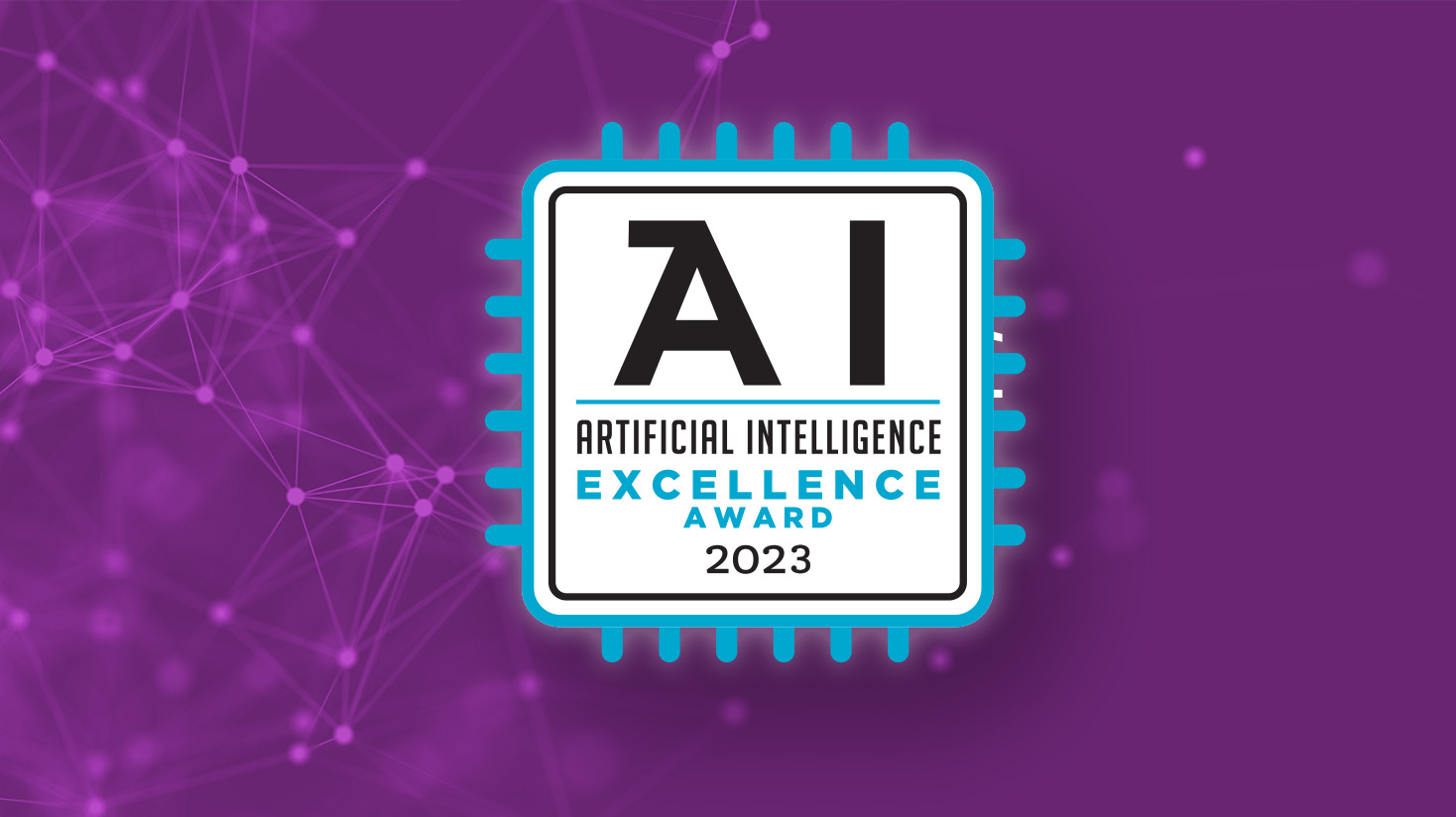
The emergence of OpenAI’s ChatGPT and GPT-4, Google’s Bard, and other generative AI tools have dominated headlines in 2023. From passing the bar exam to winning a cybersecurity hackathon, the sophistication of generative AI is truly unprecedented and the hype (both positive and negative) has reached a fever pitch. In fact, a recent poll by Gartner found that 70% of organizations are currently in exploration mode with generative AI and while 68% believe the benefits outweigh the risks, the key will be in leveraging this technology while maintaining an appropriate level of security and control.
Particularly for marketers and customer servicing teams, the potential of generative AI to help improve customer experiences and increase operational efficiency is significant. Those managing sensitive customer communications stand to benefit greatly. In regulated industries such as financial services, insurance, and healthcare, communications can often be complex, and the stakes are high for customers. This puts marketers and servicing teams into a challenging position of balancing clarity, comprehension, and sentiment. AI-powered large language models (LLMs) are the foundation of text generators like ChatGPT and GPT-4 and have the ability to not only help organizations strike that balance but also do so faster than ever before. Given what’s on the line, and the delicate nature of these communications, it’s understandable if some organizations are currently taking a cautious approach and are reluctant to have employees signup and use services. Fortunately, the choice isn’t all or nothing. Many generative AI platforms have APIs available that enable third-party software vendors to build integrations with them. Leveraged within the framework and control of another application, generative AI can be an effective intelligent assistant for specific use cases which are both valuable to the user and safe for the enterprise.
Here are 3 advantages of using generative AI within a packaged solution vs as a standalone tool:
Large language models (LLMs), the brains behind text-based generative AI tools like ChatGPT, are trained using massive datasets from diverse sources. This extensive learning is what enables LLMs to function effectively across a wide range of use cases, but it also means that these models need considerable guidance from the user before they can produce valuable results. “Prompt engineering” has emerged as an in-demand skill set as businesses understand that the value that generative AI can deliver is highly dependent on how it is being prompted.
Subtle differences can have a substantial impact. For instance, you may intend for a generative AI tool to rewrite a piece of content for a 5th-grade reading level but end up with content written for a 5th-grade child. Also, unless specifically prompted to preserve the underlying meaning, generative AI is prone to slightly alter the meaning of text it rewrites.
This is a key factor when considering the value of generative AI as part of a pre-packaged integration. Technology vendors can leverage their expertise in both CCM and AI to pick scenarios and use cases that are both valuable to the customer and within the scope of the AI platform’s abilities. The vendor can then craft highly tuned prompts to produce high-quality results consistently and save your team from having to engineer the prompts on their own.
Unlike CCM platforms, popular generative AI tools like ChatGPT are not purpose-built for enterprise use cases, and as such, it is easy for them to be used in unsafe or undesirable ways. There are no guardrails in place to prevent someone from entering sensitive content, customer data, or propriety secrets during their interactions. It is also worth noting that many platforms require users to specifically opt out of having their conversations saved to the AI servers where they would be vulnerable to cyber-attacks and data leaks.
When integrated into a modern CCM platform, safeguards can be placed around generative AI that mitigates these risks. Granular permissions mean administrators have total control over who in your organization can access the integration. In addition, when using the integration, all requests will be routed through a common API and processed using a shared account. This account can be configured by your vendor to the highest security settings possible. Lastly, the way generative AI is used will be restricted to only the pre-built scenarios the integration is built to support, which reduces the risk of team members using generative AI in inappropriate ways.
Generative AI on its own can easily become a time waster rather than a time saver. Users will spend time copying and pasting content between systems as well as crafting and re-crafting prompts until they receive a useful response. The problem is only exacerbated with content that includes variable data and complex formatting, which would need to be manually removed and added back when content is transferred between systems.
All these factors may add up to a process that’s inefficient. By contrast, a CCM system with integrated generative AI streamlines the content rewriting process. Users can receive content optimizations at the click of a button without having to leave the UI, which means no need to jump back and forth between systems. Carefully crafted prompts also ensure that the right optimizations are made consistently, and formatting and variable content will be preserved within the rewrite.
Having a vendor who that is committed to taking the latest developments in AI and developing them into safe and impactful solutions means not having to navigate the complex generative AI space on your own. As the technology continues to evolve, you can entrust your vendor to uncover new and relevant use cases, so your organization never falls behind the 8-ball.

Powered by ChatGPT and GPT-4, Messagepoint’s new content rewrite capabilities are the first generative AI solution available in…
Watch the video
TORONTO, March 23, 2023 – Messagepoint announced today it has been named a winner in the Business Intelligence…
Watch the video